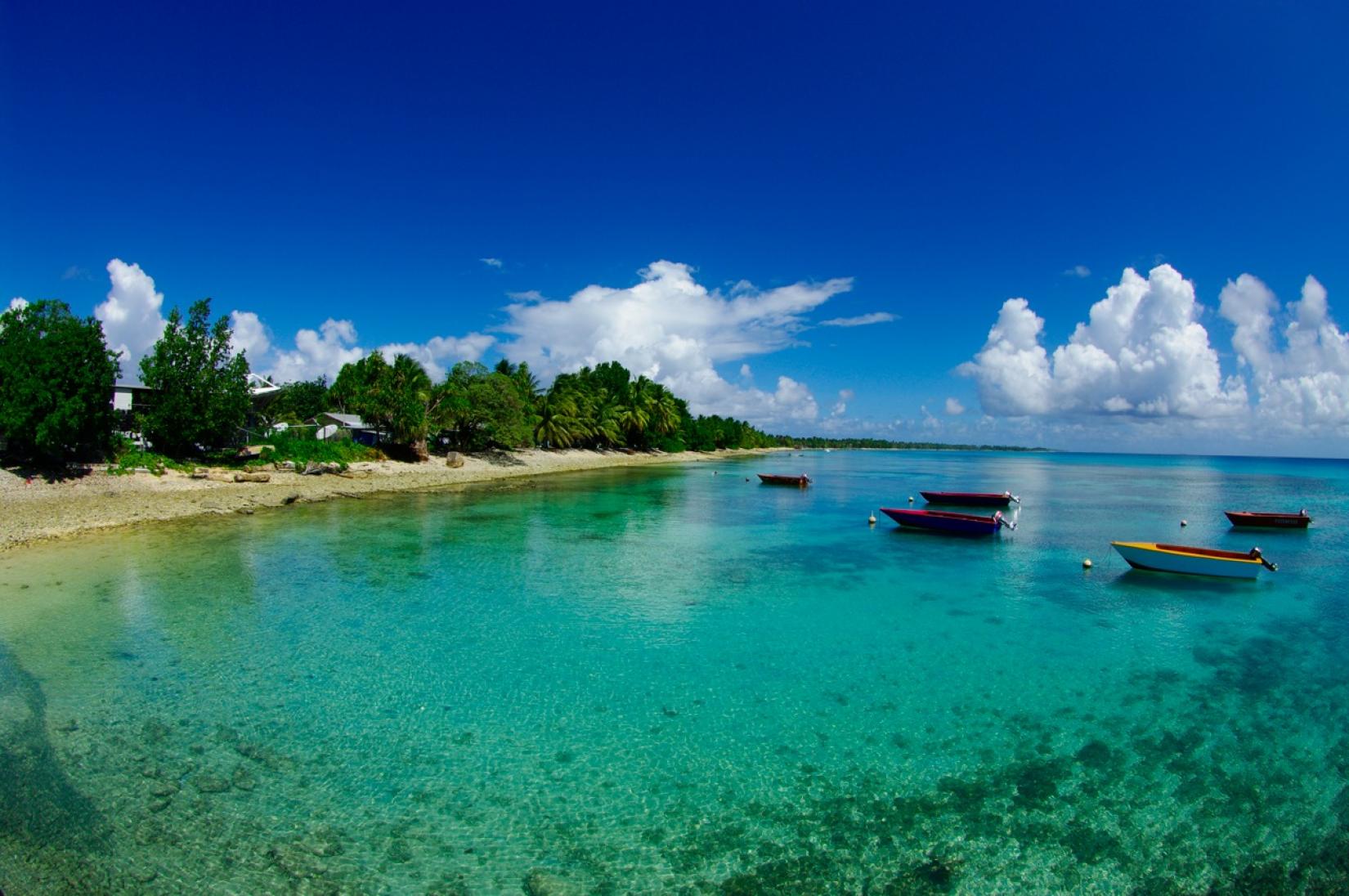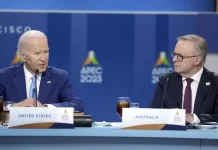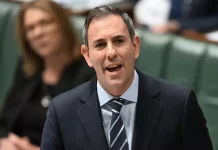Tuvalu will receive a significant boost with the World Bank’s Board of Executive Directors approving a US$17.5 million commitment to support its ongoing climate adaptation efforts.
As one of world’s smallest and most disaster at-risk countries the new support aims to strengthen Tuvalu’s financial, social and environmental resilience to disasters. The Tuvalu Second Resilience Development Policy Operation with a Catastrophe-Deferred Drawdown Option is the second of a two-part series of World Bank-support that is closely aligned with Tuvalu’s National Strategy for Sustainable Development 2021 – 2030 (‘Te Kete’).
This new support aims to:
- Strengthen debt management by improving procurement and public health care spending;
- Improve infrastructure by ensuring that a building code for climate resilience and safe buildings is in place;
- Strengthen disaster and climate-resilience, especially at household level, so that recovery from natural disasters is quicker; and
- Increase access to inclusive quality education for Tuvaluan children living with disabilities.
“Although Tuvalu remains COVID-19 free, we remain more vulnerable because of the increasing threats of climate change, natural disasters, and public health emergencies,” said Tuvalu’s Minister for Finance, Seve Paeniu.
“This World Bank support is not only timely, but also critical in helping to boost Tuvalu’s sustainable, inclusive and resilient recovery from the impacts of the global pandemic; and boost climate change and disaster resilience of our people.”
This support is funded through the International Development Association (IDA), the World Bank’s fund for the world’s most in-need countries and includes a grant component of US$7.5 million and a US$10 million Catastrophe-Deferred Drawdown Option (CAT-DDO). The CAT-DDO will allow Tuvalu to get quicker access to emergency funding in the event of a catastrophic event or disaster.
“Tuvaluans are living on the forefront of climate change – and are some of the most susceptible to the economic and social impacts of disasters anywhere on the planet. Such disasters can often compound existing vulnerabilities that severely impact government finances, and families’ ability to put food on the table,” said Stephen Ndegwa, World Bank Country Director for Papua New Guinea and the Pacific Islands.
“We are pleased that we can stand with Tuvalu to support its ongoing efforts by building on our previous support – which collectively is helping to strengthen Tuvalu’s economy and its resilience to future shocks.”
The World Bank works in partnership with 12 countries across the Pacific, supporting 85 projects totaling US$2.09 billion in commitments in sectors including agriculture, aviation and transport, climate resilience and adaptation, economic policy, education and employment, energy, fisheries, health, macroeconomic management, rural development, telecommunications, social protection and tourism.
SOURCE: WORLD BANK















